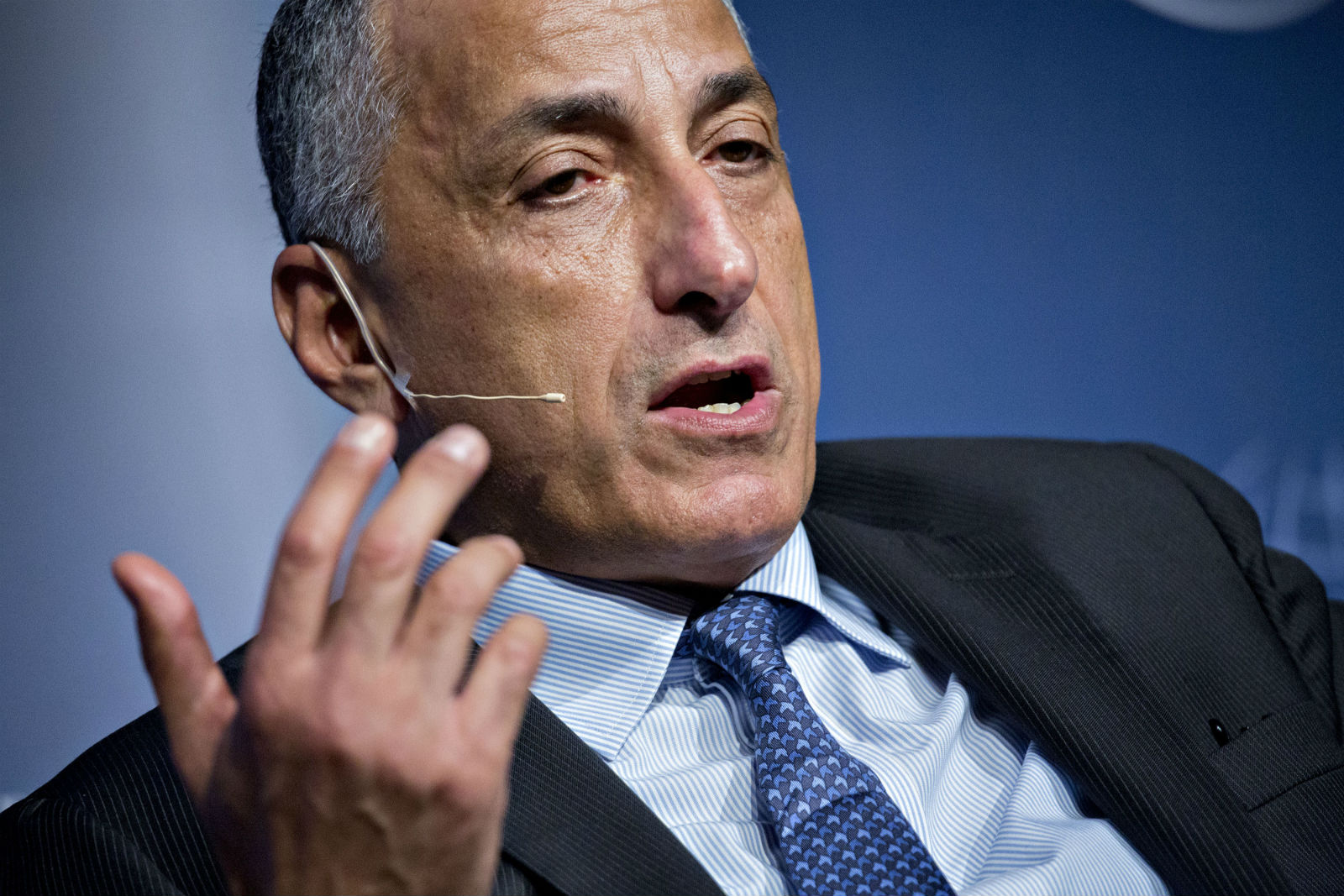Amer talks covid-19 and the Egyptian economy

Amer talks covid-19 and the Egyptian economy: Central Bank of Egypt Governor Tarek Amer yesterday phoned into Sada El Balad for a wide-ranging conversation with talk show host Ahmed Moussa on the current state of the Egyptian economy and how the central bank is responding to the covid-19 pandemic. You can watch the full interview here (watch, runtime: 1:37:51).
Here are the key takeaways:
Foreign investors have pulled around EGP 7 bn from the EGX since covid-19 pandemic hit global markets, Amer said. President Abdel Fattah El Sisi last week announced that the CBE would allocate EGP 20 bn to support share prices on the EGX, a measure that has helped to stabilize trading on the exchange, Amer said. It remains unclear how exactly the central bank is entering the market.
The central bank isn’t pencilling in a recession just yet: “There are expectations that foreign economies will contract in the second and third quarters, while in Egypt there will be lower growth, but we will achieve growth,” Amer said, suggesting Egypt will escape the deep recession now forecast in many countries around the world.
Greenback to fall against the EGP: Amer expects the USD to reverse some of its recent gains against the EGP in the coming weeks. The greenback has been on a tear this month as investors have dumped risk assets in search of safety, but retreated last week after the Federal Reserve pledged to pump as much money as was needed into the economy.
Another rate cut on the way? Unlike many other countries that are operating at or close to zero interest rates, the CBE has more room to cut rates if additional stimulus is needed to support business activity, Amer said. The central bank made an emergency 300 bps rate cut earlier this month taking the overnight deposit rate to 9.25%, the lending rate to 10.25% and the main operation and discount rates to 9.75%. The majority of countries in comparison have cut rates below 5%. The central bank will next meet to review interest rates this coming Thursday, 2 April 2020.
Debt relief package delivered: Amer said that debt relief will be offered to struggling companies, from the public sector to private businesses and SMEs, by suspending loan instalments for six months worth EGP 1.8 bn investment, noting that interest will still accumulate and be due once the period ends. Collections on another EGP 40 mn in personal loans will also be postponed for the same period. He said some 20 mn citizens will benefit from the initiative.
Microenterprises shouldn’t expect their debts to be postponed. Amer said that it was difficult to reschedule debt payments for microenterprises because many access finance through NGOs, which use companies to collect repayments. Granting a six-month holiday to microbusinesses, as the CBE did last week with corporate and individual borrowers, will likely cause complications for everyone involved, he said. Instead, micro firms may be able to negotiate more relaxed payment schedules with their NGO or Banque du Caire — the primary bank lender for micro businesses — on a case-by-case basis, he said.
Egypt’s foreign reserves can cover as much as 10 months’ of imports, compared to the global average of just three months, Amer said. Reserves currently stand at USD 45.5 bn as of the end of February.
Petrol prices will likely fall: He said that we will probably see petrol prices drop, given that they are tied to declining oil prices in the global market and the recent strength of the EGP against the USD. The next announcement is expected at the beginning of April.